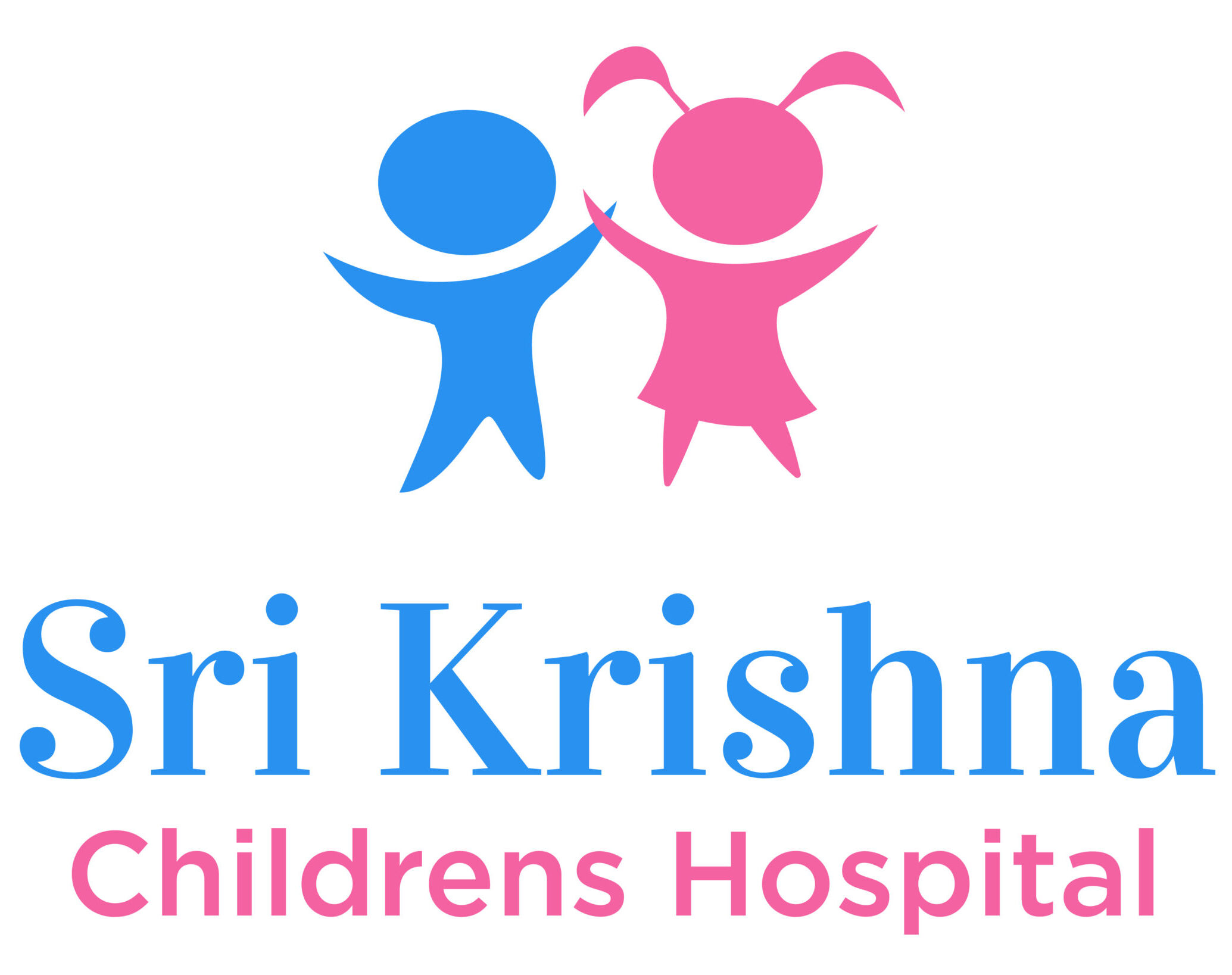What is the Childhood Vaccine Schedule?
The childhood vaccine schedule is a set of guidelines that outlines when children should receive certain vaccines to protect them from potentially life-threatening diseases.
These vaccines are strategically given at ages when a child’s immune system responds best, ensuring maximum protection.
Health experts regularly update the schedule based on current research.
Following this schedule is crucial for your child’s well-being.
Why is It Important to Follow the Vaccine Schedule?
Following the recommended vaccine schedule is vital because it offers the best protection at the right time.
Infants and young children are highly vulnerable to diseases like
- Measles
- Whooping cough
- Polio
Vaccinations help prevent complications like
- Paralysis
- Brain swelling
- Death
Delaying or skipping vaccines can leave your child unprotected when they are most at risk.
What Vaccines Are Given and When?
Children receive most vaccines by age 2, starting within the first 24 hours after birth:
- Birth: Hepatitis B (HepB)
- 2 Months: HepB, Rotavirus, DTaP, Hib, PCV, and IPV.
- 4 Months: Second doses of Rotavirus, DTaP, Hib, PCV, and IPV.
- 6 Months: HepB, Rotavirus (if applicable), DTaP, Hib, PCV, IPV, Flu, and COVID-19.
- 12-15 Months: MMR, HepA, PCV, Varicella (VAR), and final Hib dose.
- 4-6 Years: Final doses of DTaP, IPV, MMR, and VAR.
- 11-16 Years: Tdap, HPV, and Meningococcal vaccines.
Can I Delay or Skip My Child’s Vaccines?
It is not safe to delay or skip vaccines.
The standard schedule is scientifically designed to protect your child at specific ages when they are most vulnerable.
Missing or delaying vaccines can leave them at risk of severe diseases.
If you miss an appointment, speak with your doctor about how to catch up on any missed vaccines safely.
How to Safely Manage Vaccine Appointments?
Effectively managing vaccine appointments is crucial to ensure your child stays on schedule with their immunizations. Here are some tips to help parents navigate this process:
- Create a Schedule: Use a calendar or planner to note when each vaccine is due based on the recommended childhood vaccine schedule.
- Prepare for Appointments: Discuss any questions or concerns with your doctor before the appointment. Bring your child’s vaccination record, and ensure your child is feeling well on the day of the visit.
- Communicate with Your Pediatrician: Your pediatrician is a valuable resource. If you need to reschedule an appointment, contact their office immediately. They can help you find a new time that works and guide you on catching up on any missed vaccinations.
- Follow-up: Ensure the vaccination record is updated correctly after the appointment. If you don’t receive a copy of the updated record, request it to keep your files current.
By taking these proactive steps, you are not just managing appointments, but ensuring your child receives all necessary vaccinations on time. This sets them up for a healthy future, a goal every parent strives for.
If you need further assistance, feel free to contact Sri Krishna Children’s Hospital. Your child’s health and safety are our top priorities, and we’re here to support you every step of the way!

